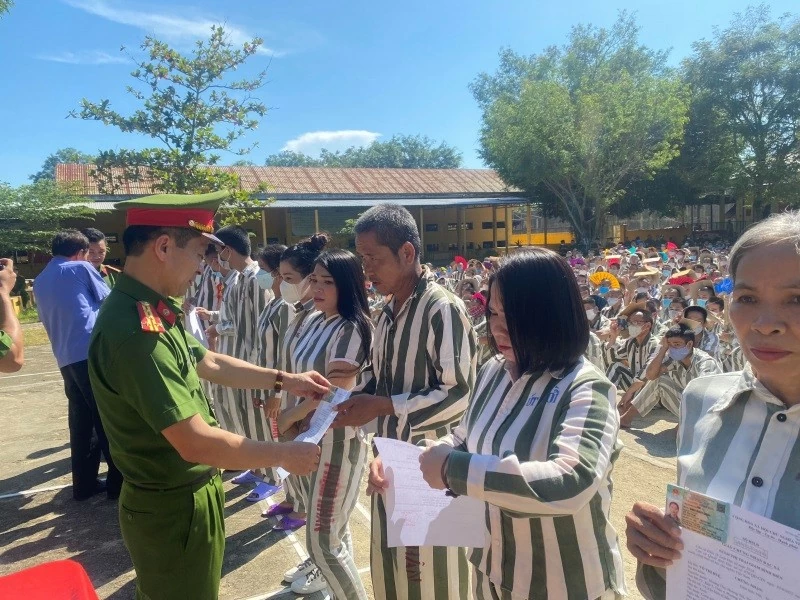 |
| Prisoners who have reformed well have been granted amnesty by the President on previous occasions. (Source: CAND) |
Amnesty is one of the legal institutions stipulated in Article 88 of the Constitution of the Socialist Republic of Vietnam, institutionalized by the Amnesty Law 2018 (formerly the Amnesty Law 2007).
From 2009 to present, the Socialist Republic of Vietnam has carried out 9 amnesties on important events and national holidays, amnestying more than 92,000 prisoners who have had good reform, work and study processes and returned to the community and society.
On the occasion of the 79th anniversary of the National Day of the Socialist Republic of Vietnam (September 2, 2024) and the 70th anniversary of the Liberation of the Capital (October 10, 2024), Decision 758/2024/QD-CTN dated July 30, 2024 of the President of the Socialist Republic of Vietnam To Lam clearly stated the subjects proposed for special amnesty consideration.
Regarding this issue, the Amnesty Advisory Council issued Instruction 88/HD-HĐTVĐX dated August 2, 2024.
Accordingly, subjects eligible for amnesty in 2024 include: people sentenced to fixed-term imprisonment or life imprisonment that has been reduced to fixed-term imprisonment, who are serving their prison sentences at prisons, detention camps, and district-level police criminal enforcement agencies; and people whose prison sentences are temporarily suspended.
Conditions for proposed amnesty
Conditions for proposed amnesty are specified in Article 3 of the 2024 Amnesty Decision.
According to Point c, Clause 1, Article 18 of Decree No. 133/2020 of the Government detailing the implementation of a number of articles of the Law on Enforcement of Criminal Judgments, the classification of serving prison sentences in the second quarter is on May 25, and the classification of serving prison sentences in the third quarter is on August 25.
Therefore, by the time the prisons, detention camps, and criminal enforcement agencies of the district-level police meet to consider and propose amnesty, the prisoners must have had enough quarters to be classified as good or excellent. And in the following period from May 26, 2024 to the date of the meeting to consider and propose amnesty, the prisons, detention camps, and criminal enforcement agencies of the district-level police must have commented on and evaluated the results of the classification of good or excellent execution of prison sentences.
After the results of the third quarter of 2024 are available, prisons, detention camps, and criminal enforcement agencies of the district-level police must review and compare them with the list of prisoners proposed for amnesty and promptly request the superior agency to directly report to the Standing Committee of the Amnesty Advisory Council for consideration. At the same time, request the Amnesty Advisory Council to remove from the list of proposed amnesty prisoners who are not classified as good or excellent in the third quarter of 2024.
In addition to being classified as fair or good, prisoners who have had their prison sentence temporarily suspended, or who have been subject to compulsory medical treatment, and have returned to continue serving their sentence, must also be confirmed by the People's Committee of the commune where they reside, the military unit assigned to manage them, or the medical facility that previously treated them to have strictly complied with the provisions of the law.
For prisoners whose prison sentences are temporarily suspended or who are subject to compulsory medical treatment measures and have returned to prison, detention camps, or criminal judgment enforcement agencies of the district-level police to continue serving their sentences, in addition to the quarters when they have been classified as good or excellent during their prison sentences, they must also be confirmed by the People's Committee of the commune where they reside, the military unit assigned to manage them during the period of temporary suspension, or the medical facility that provided treatment during the period of compulsory medical treatment measures that they have strictly complied with the provisions of the law during the period of temporary suspension or the period of compulsory medical treatment measures.
How to calculate time served in prison
The time spent serving a prison sentence is the time spent in detention, temporary detention, serving a prison sentence in a prison, temporary detention center, or a criminal enforcement agency of the district-level police, excluding the time spent on bail, deferred, temporarily suspended, and reduced prison sentence. The time spent under compulsory medical treatment during the investigation, prosecution, trial, and execution of the sentence is also counted toward the time spent serving a prison sentence.
The time of reduction of the prison sentence is calculated to be deducted from the remaining prison sentence.
Regulations on the implementation of additional penalties are fines, payment of court fees, performance of obligations to return property, compensation for damages, and civil obligations.
Prisoners or people who are temporarily suspended from serving their prison sentences and have not completed the additional penalty of a fine or payment of court fees, but are decided by the Court to be exempted from the fine or payment of court fees, are also eligible as prescribed in Point c, Clause 1, Article 3 of the Decision on special amnesty in 2024.
Prisoners or people whose prison sentences are temporarily suspended from serving their sentences have completed their obligations to return property, compensate for damages, and other civil obligations as prescribed in Point d, Clause 1, Article 3 of the 2024 Amnesty Decision, which is one of the cases prescribed in Clause 2, Article 4 of Decree No. 52.
In addition, in cases where alimony obligations must be performed, the alimony obligation must be completely performed according to the judgment or decision of the Court or the alimony obligation must have been performed once, as confirmed by the People's Committee of the commune where the person resides or the civil enforcement agency handling the case. If the alimony obligation has only been partially performed or the alimony obligation has not been performed but there is an agreement or confirmation from the legal representative of the victim or the person receiving alimony that the alimony obligation does not have to be continued or is not required to be performed according to the judgment or decision of the Court and is confirmed by the People's Committee of the commune where the person resides or the civil enforcement agency handling the case, the alimony obligation is also considered to have been performed.
In case the offender is a person under 18 years old as prescribed in Point d, Clause 3, Article 3 of the 2024 Amnesty Decision, and in the judgment or decision of the Court, the responsibility for compensation for damages and other civil obligations is assigned to the father, mother or legal representative, there must be documents to prove that the father, mother or legal representative has completed the compensation for damages or other civil obligations, including: Receipts, invoices, documents showing this or the Decision to suspend the enforcement of the judgment of the Head of the competent civil judgment enforcement agency or the agreement document of the person subject to enforcement or that person's legal representative on not having to perform compensation for damages and other civil obligations according to the judgment or Decision of the Court confirmed by the People's Committee of the commune where the offender resides or the civil judgment enforcement agency handling the case or other documents showing this.
In the case where a person sentenced to imprisonment has fulfilled part of the obligation to return property, compensate for damages, or perform other civil obligations, but due to being in particularly difficult economic circumstances, he/she is not yet able to continue performing the remaining part according to the provisions of the law on civil judgment enforcement as prescribed in Point d, Clause 1, Article 3 of the Decision on amnesty in 2024, this is the case prescribed in Clause 3, Article 4 of Decree No. 52.
In cases where a person has made great achievements during the time of serving a prison sentence, is suffering from a serious illness, is frequently ill and cannot take care of himself, has a particularly difficult family situation and is the sole breadwinner in the family as prescribed in Clause 3, Article 3 of the Decision on special amnesty in 2024, these are the cases prescribed in Clauses 4, 5, 6 and 7, Article 4 of Decree No. 52.
Cases not recommended for amnesty
The basis for determining the cases specified in Clause 8, Article 4 of the 2024 Amnesty Decision is the points, clauses, and articles in the Penal Code that the Court applies when deciding on the penalty.
In the case of robbery using weapons as prescribed in Clause 8, Article 4 of the Decision on amnesty in 2024, in addition to the above basis, the provisions of Article 3 of the Law on Management and Use of Weapons, Explosives and Supporting Tools and Clause 1, Article 1 of the Law amending and supplementing a number of articles of the Law on Management and Use of Weapons, Explosives and Supporting Tools shall also be used to determine whether the object used by the offender to commit the crime is a weapon or not.
For cases of multiple robberies, multiple snatchings, multiple thefts (two or more times) as prescribed in Clause 8, Article 4 of the Decision on amnesty in 2024. In which, the basis for determining multiple crimes is the number of crimes shown in the Judgment and each crime is prosecuted for criminal liability in the same judgment or the Decision part of the Judgment applies Point g, Clause 1, Article 48 of the 1999 Penal Code or Point g, Clause 1, Article 52 of the 2015 Penal Code, amended and supplemented in 2017. Cases that are serving a combined sentence of multiple sentences for the same crime, where each sentence only shows one crime, are still cases of multiple crimes.
For cases of illegal use of narcotics, the basis for confirming illegal use of narcotics in the case specified in Clause 12, Article 4 of the Decision on amnesty in 2024 is the documents in the prisoner's file and the file of the decision on temporary suspension of the execution of the prison sentence (for those whose prison sentence is temporarily suspended) such as: Verdict; Indictment; documents of the Investigation Agency; test results of the medical agency at the district level or higher; Self-declaration of the prisoner or the person whose prison sentence is temporarily suspended stating the time and number of times he used narcotics...; Health examination certificate of the prison, temporary detention camp, criminal enforcement agency of the district-level Police with the signature (or fingerprint) of the prisoner admitting that he has illegally used narcotics; Other documents from the prison or competent authority determining that the prisoner or person whose sentence is temporarily suspended has used illegal drugs,
Source: https://baoquocte.vn/doi-tuong-dieu-kien-nao-duoc-xet-dac-xa-nam-2024-284427.html



![[Photo] General Secretary To Lam attends the 80th Anniversary of the Cultural Sector's Traditional Day](https://vstatic.vietnam.vn/vietnam/resource/IMAGE/2025/8/23/7a88e6b58502490aa153adf8f0eec2b2)


![[Photo] Prime Minister Pham Minh Chinh chairs the meeting of the Government Party Committee Standing Committee](https://vstatic.vietnam.vn/vietnam/resource/IMAGE/2025/8/23/8e94aa3d26424d1ab1528c3e4bbacc45)


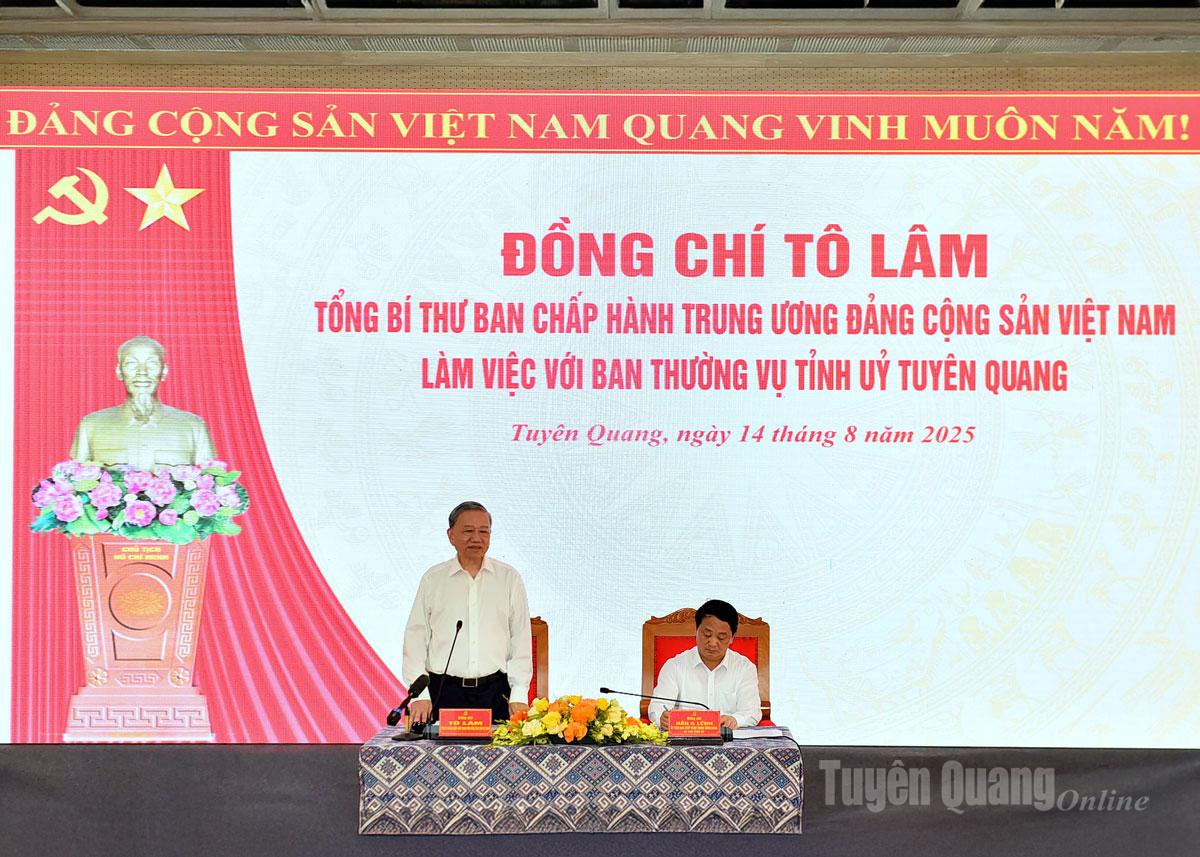



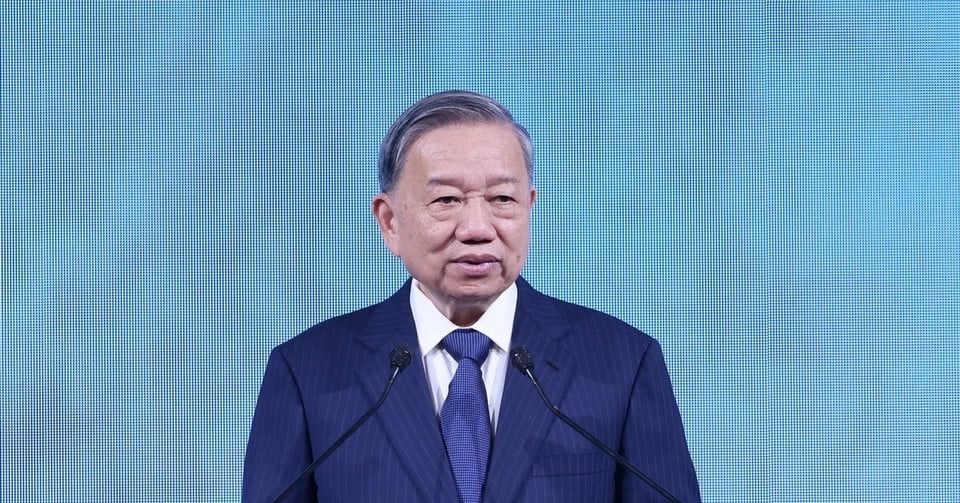

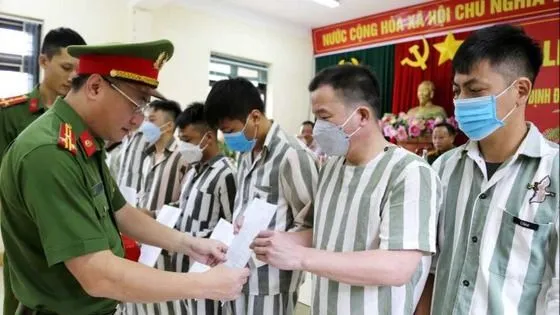

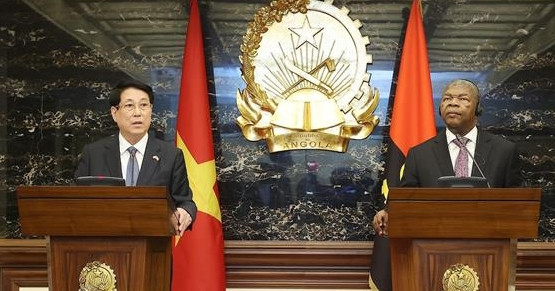

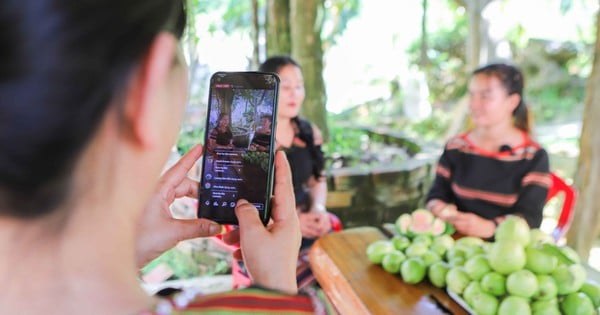

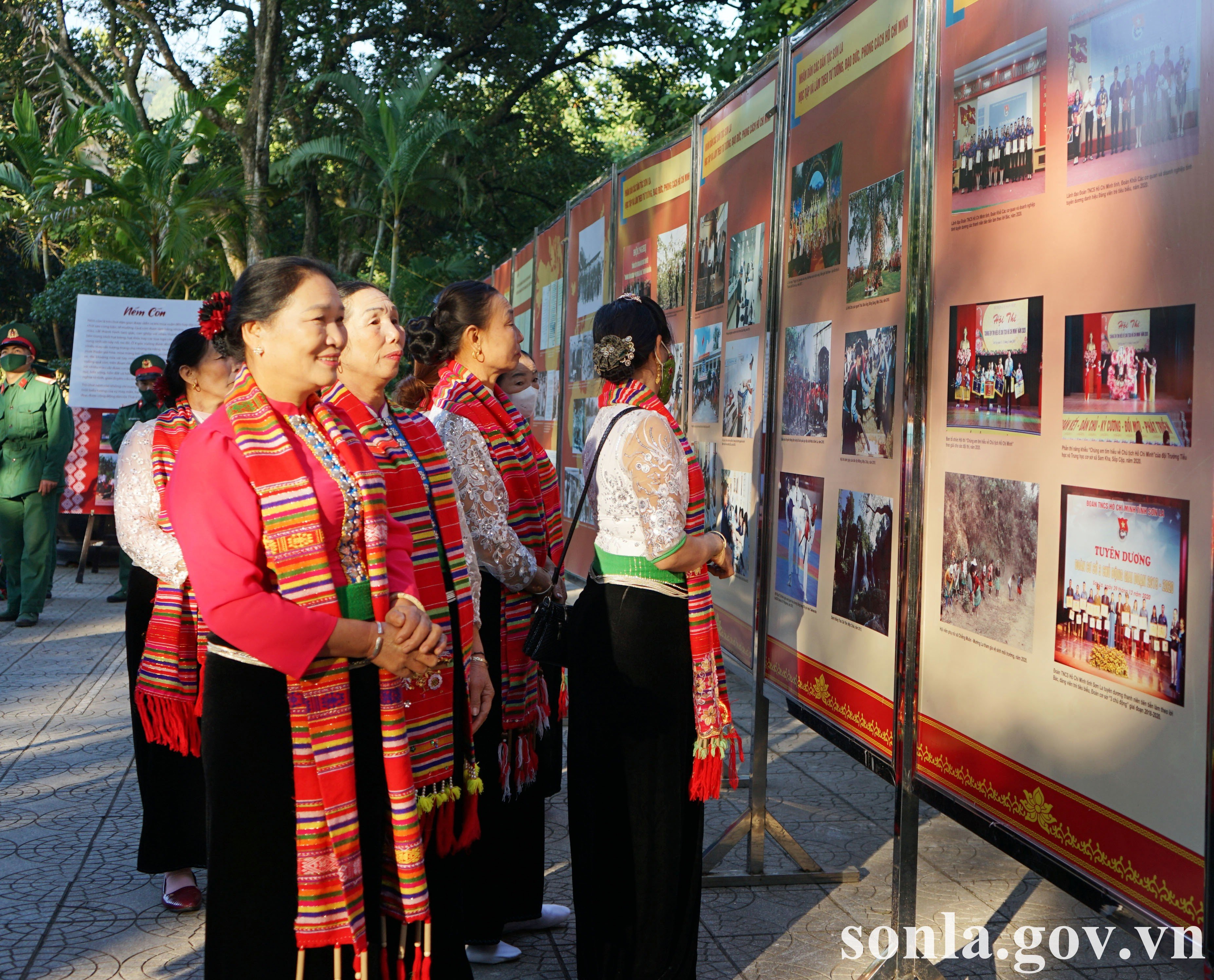

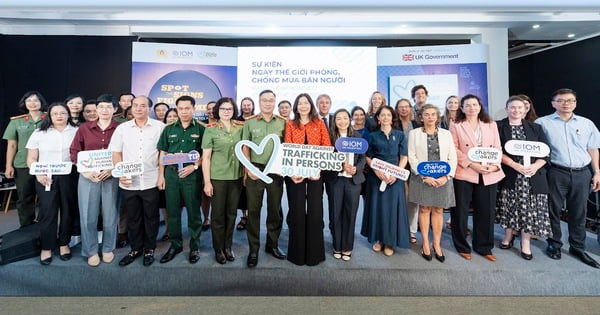



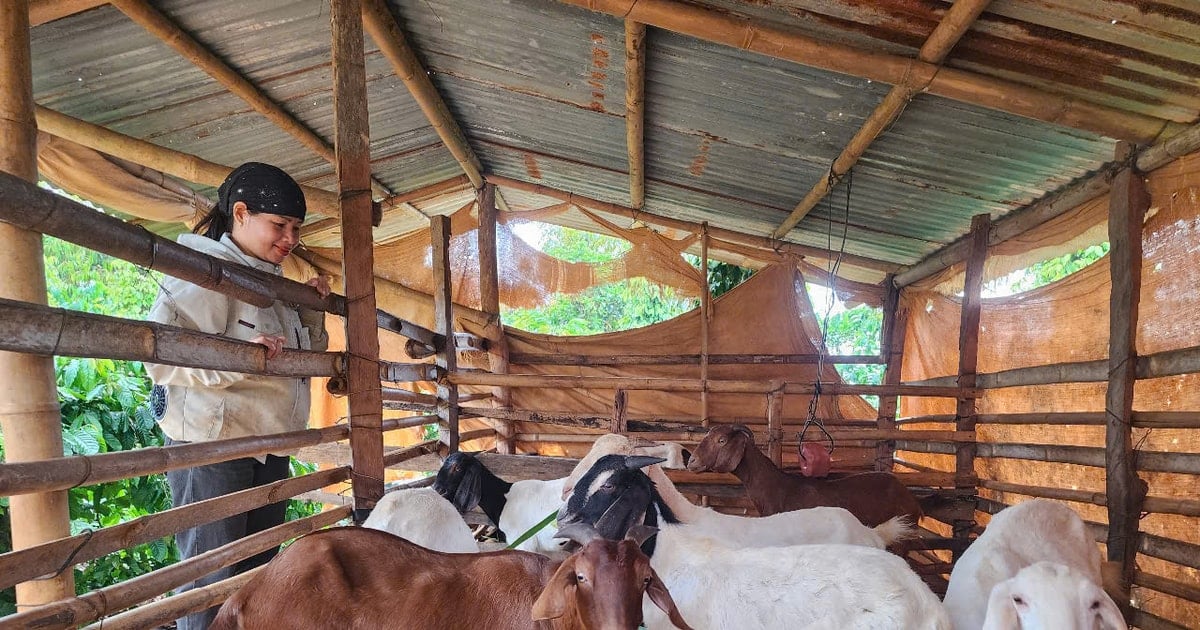

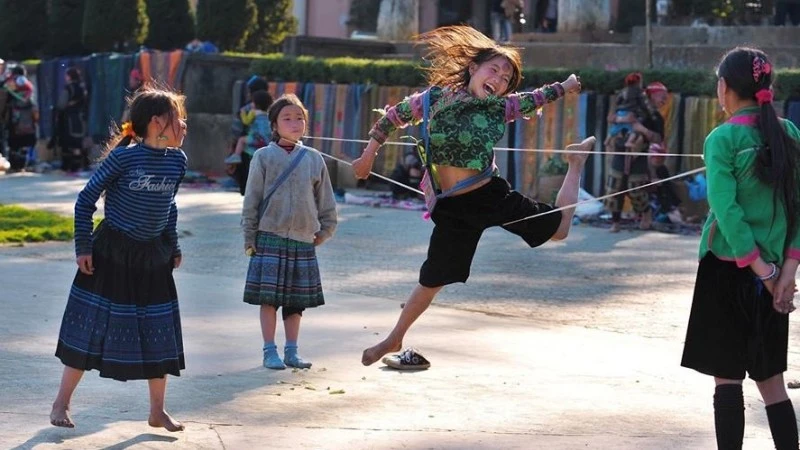





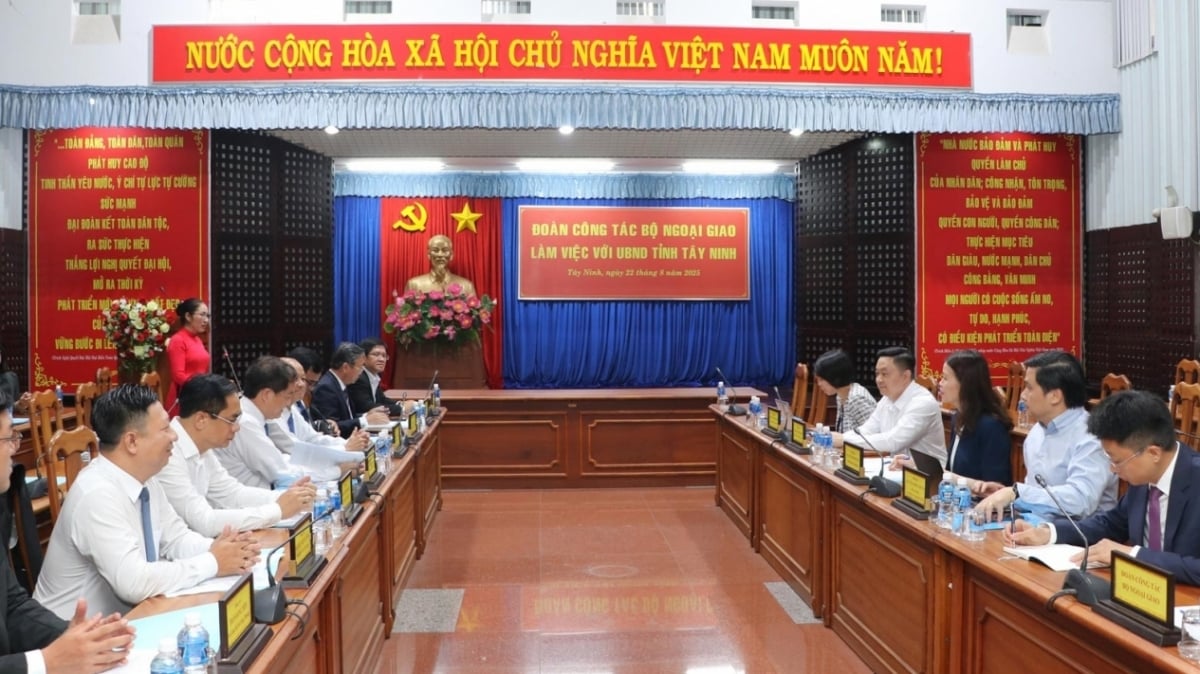


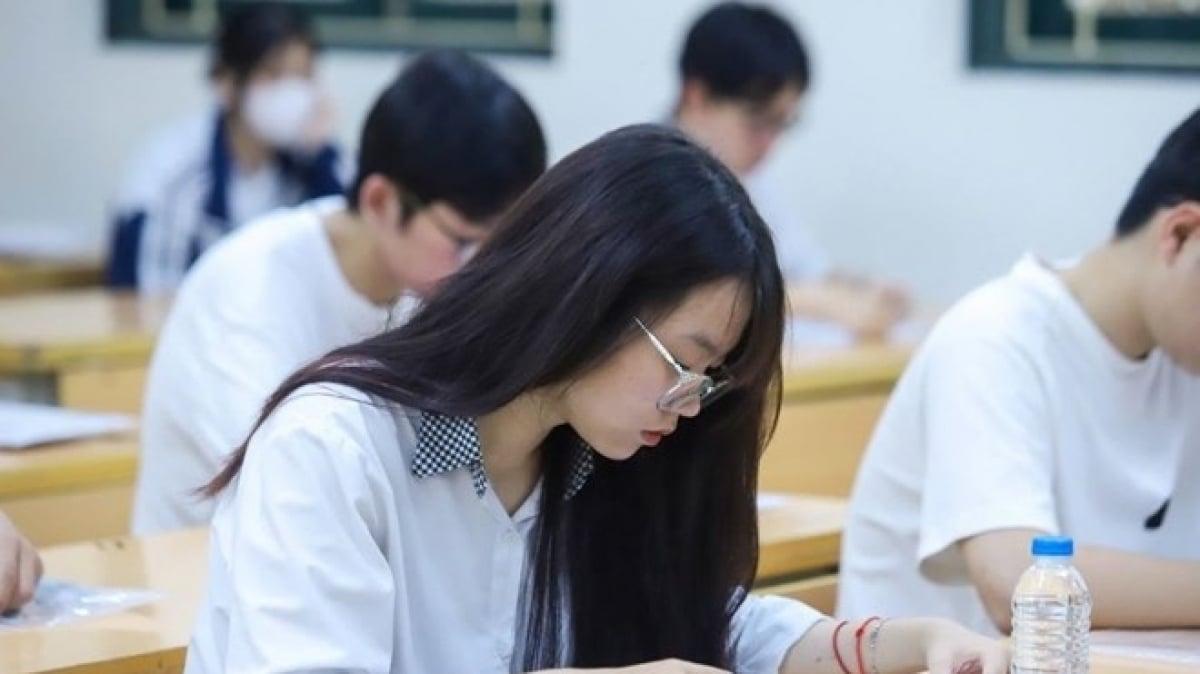
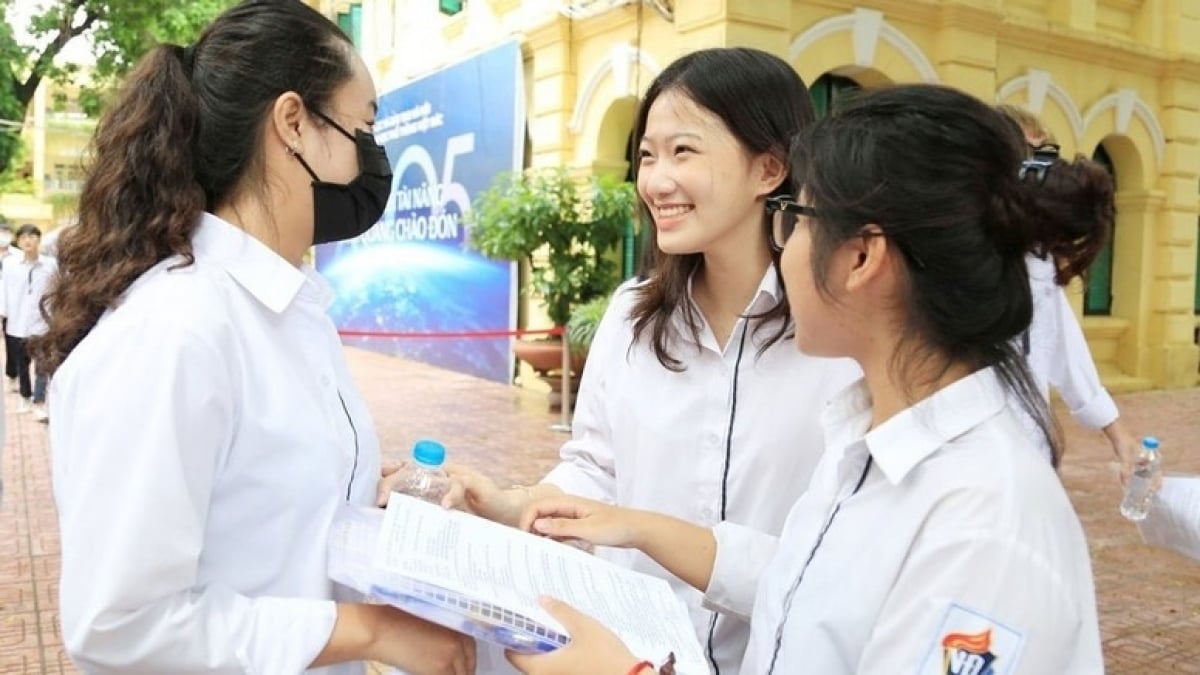











































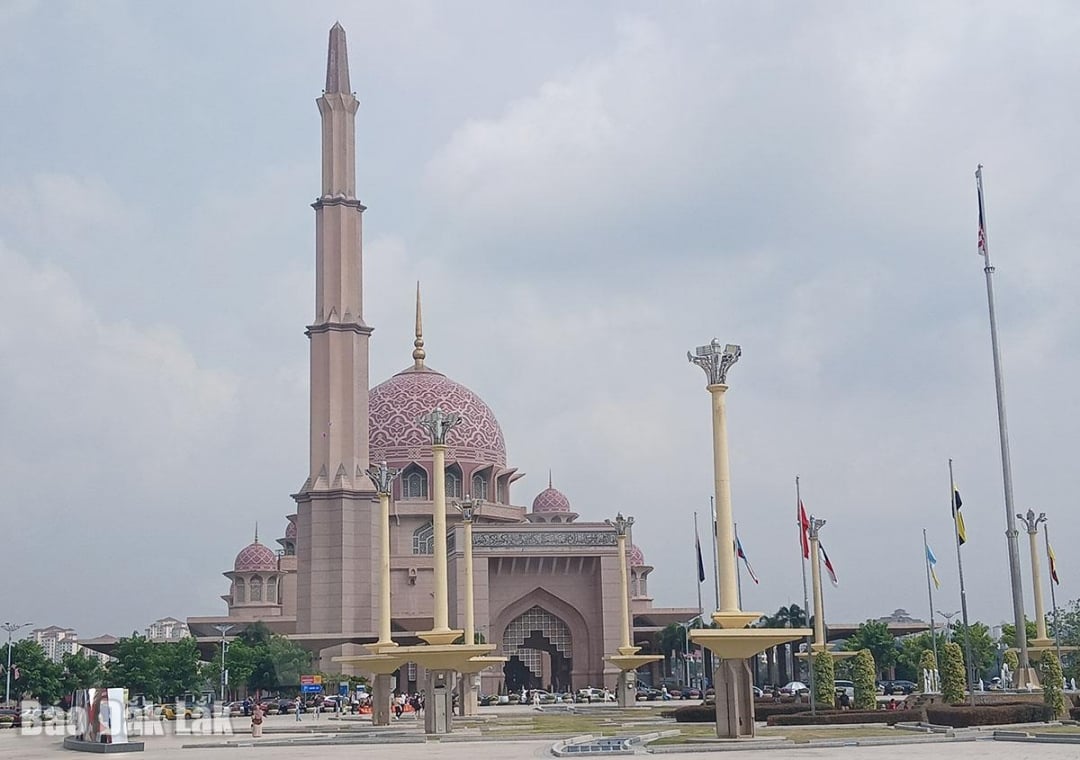


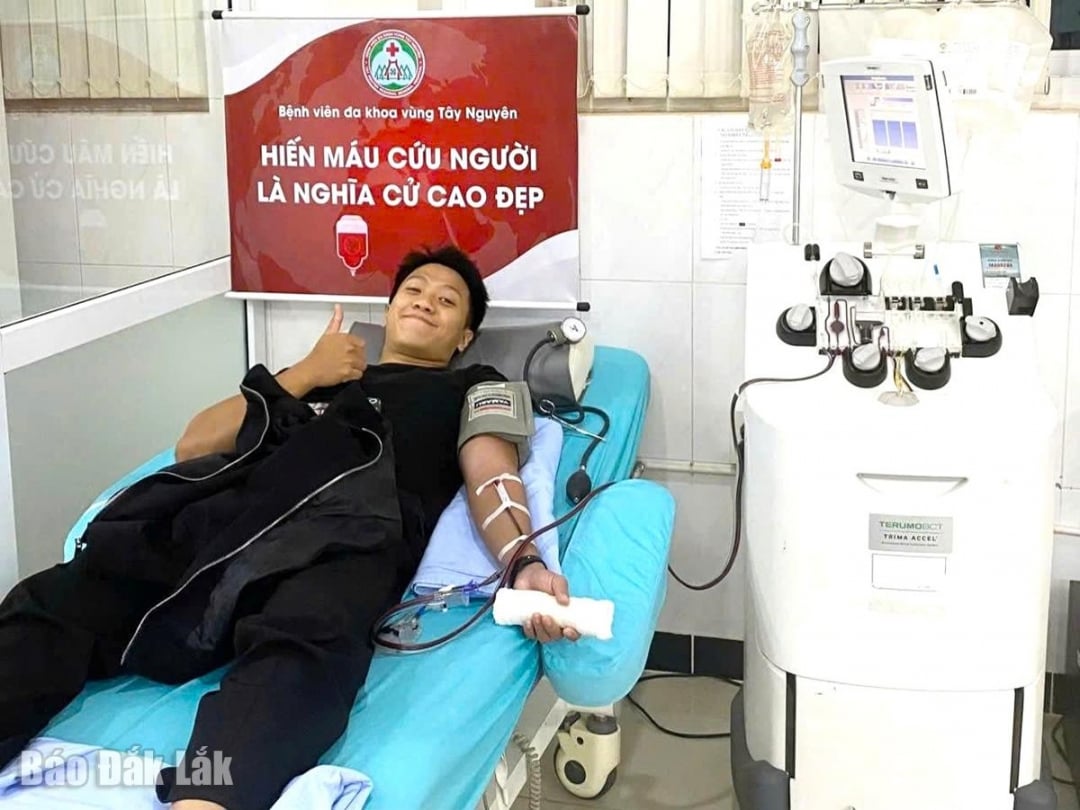



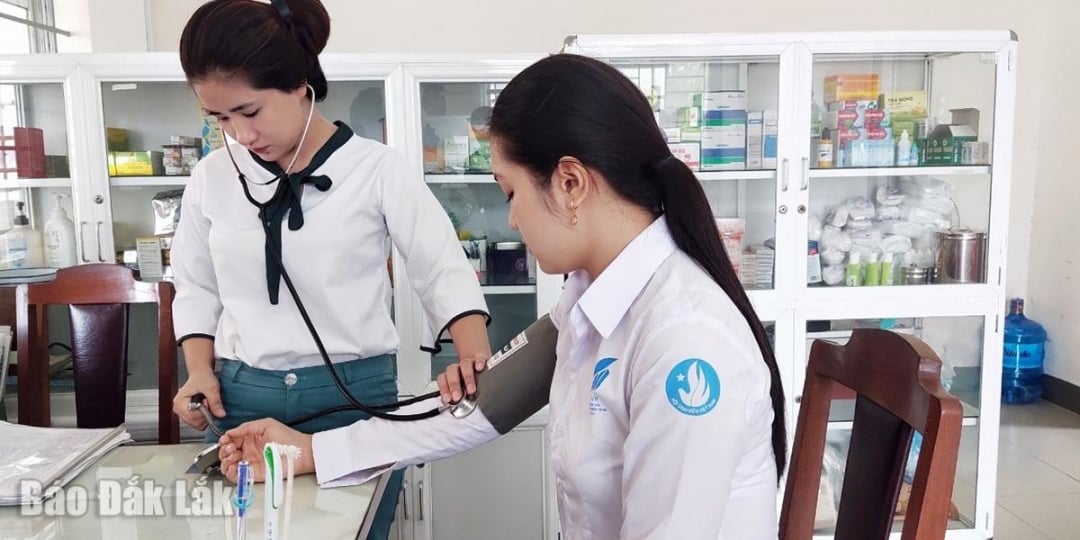














Comment (0)